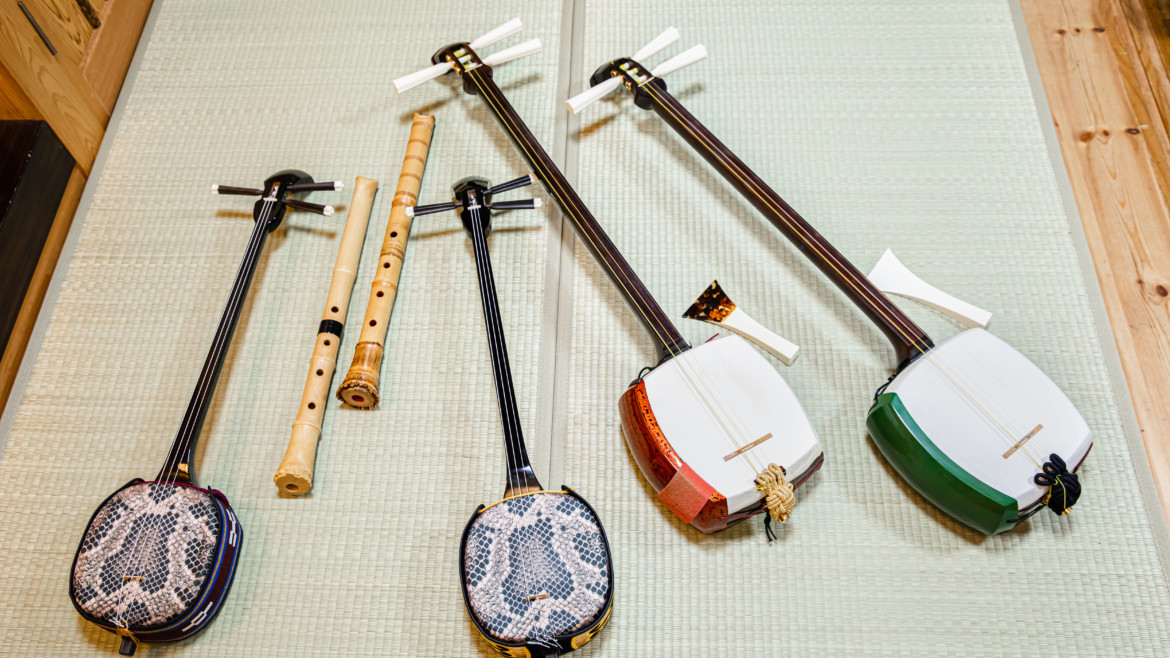At first glance, traditional Japanese instruments (Wagakki) and fortune-telling (Uranai) may seem to have little direct connection. However, these two elements undeniably symbolize different facets of Japanese culture. Surprisingly, from ancient times to the present, traditional Japanese instruments and fortune-telling intersect at various points.
Shintoism and Music
Traditional instruments are frequently employed in ceremonies at shrines and temples. These are the same venues where fortune-telling and divine oracles take place, and it is said that offering the sound of instruments to the gods can facilitate obtaining an oracle. Particularly, traditional instruments are indispensable in Kagura, a Shinto dance.
Seasonal Events and Fortune-Telling
In Japan’s seasonal events—most notably the New Year—fortune-telling and music are closely related. For instance, during the New Year, many people draw omikuji (fortune slips) at shrines while traditional instrument performances also occur. In such cases, both music and fortune-telling serve as tools to predict the destiny of the New Year.
Music and the Five Elements
Some traditional instruments reflect the concept of the Five Elements: Wood, Fire, Earth, Metal, and Water. For example, flutes and shakuhachi are associated with ‘Wood’, and drums with ‘Earth.’ This association overlaps with the Five Elements commonly used in fortune-telling.
Timbre and Destiny
Some fortune-tellers and scholars suggest that the specific timbre of certain traditional instruments can influence people’s fate and disposition. There are not a few people who believe that music and fortune-telling are linked in such a way.
Contemporary Traditional Instruments and Fortune-Telling
In modern times, direct connections between traditional instruments and fortune-telling may be rare, yet there are people who use the sound of traditional instruments as background music in online or app-based fortune-telling services. Others combine meditation with traditional instruments for their fortune-telling practices.
Conclusion
While traditional Japanese instruments and fortune-telling symbolize different aspects of Japanese culture, they are connected in some way through history and tradition. Such intersections well represent the multi-faceted and profound nature of Japanese culture.



Leave a review